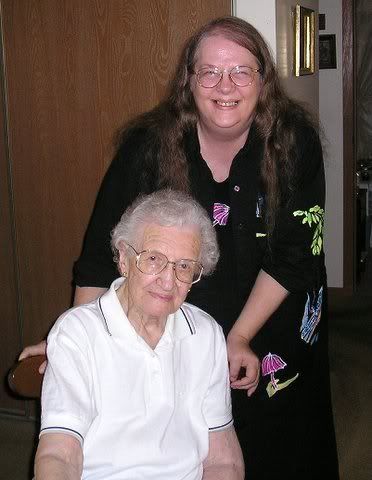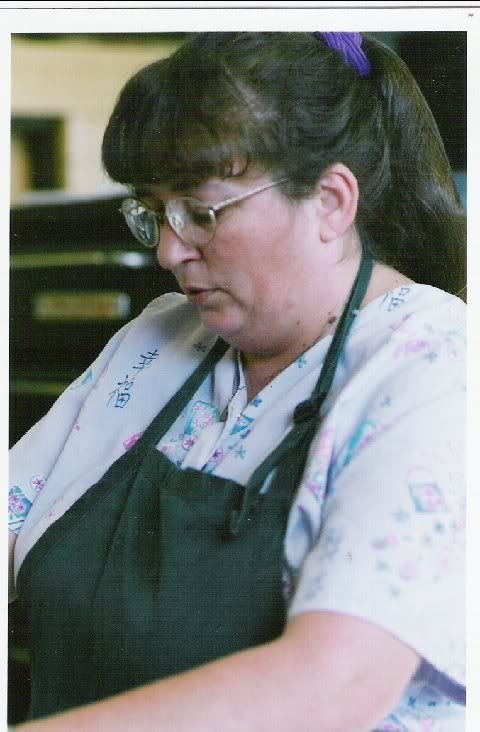This is something we're working on in response from Sweetie Pie asking to make a chart - slow it down
I. Self-Regulated learning - Self direction to transform abilities into skills; attainment of goalsA. Forethought - Processes that precede efforts to learn and set the stage for such learning
1. Goal setting - deciding on specific outcomes of learning
2. Strategic planning - selection of learning strategies or methods designed to attain the desired goals
3. Self-efficacy beliefs - personal beliefs about one's capability to learn or perform at certain designated levels
4. Goal orientation - focus on learning progress or effective learning rather than competitive outcomes
5. Intrinsic interest - continuity of learning efforts despite the absence of tangible rewards
B. Performance or volitional control - Processes that occur during learning efforts and affect concentration and performance
1. Attention focusing - protecting intention to learn from distractions and from competing intentions
2. Self-instruction/imagery - refers to telling oneself how to proceed during a learning task
3. Self-monitoring - checking progress of key processes or outcomes; self/environment cues balancing routine and change
C. Self-reflection - Processes that occur after learning efforts and influence a learner's reactions to that experience
1. Self-evaluation - comparing self-monitored information with standards or goals; efficiency, effectiveness, and satisfaction
2. Attributions - causal meaning of the results influenced by personal and contextual factors
3. Self-reactions - positive or negative inevitability that assists or detracts from reinforcing systematic variations in approach;
propensity to continuously practice well or follow through
4. Adaptive practice cycle - appropriate evaluation of performance; which will create inertia that can facilitate or undermine learning during subsequent phases
II. Thoughts
A. Processes through knowledge and experience, which includes interpersonal, intrapersonal, and contextual conditions
III. Feelings
A. Integration of emotion with thought (work of impact psychiatry and complicated by multiplicity)
IV. Strategies
A. Reading, writing, listening & speaking
V. Behaviors
A. Follow through fitness program
















